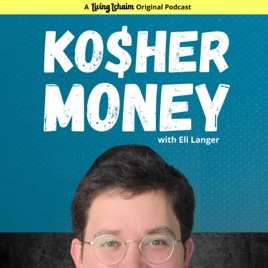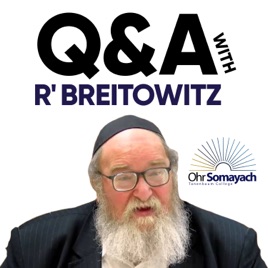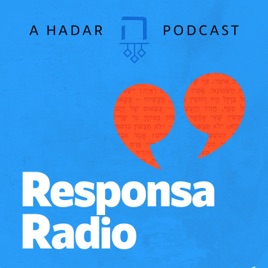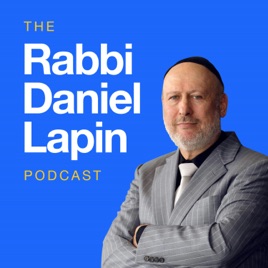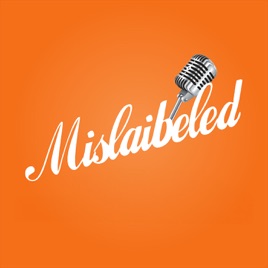
Advertise on podcast: The Tikvah Podcast
Description
The Tikvah Fund is a philanthropic foundation and ideas institution committed to supporting the intellectual, religious, and political leaders of the Jewish people and the Jewish State. Tikvah runs and invests in a wide range of initiatives in Israel, the United States, and around the world, including educational programs, publications, and fellowships. Our animating mission and guiding spirit is to advance Jewish excellence and Jewish flourishing in the modern age. Tikvah is politically Zionist, economically free-market oriented, culturally traditional, and theologically open-minded. Yet in all issues and subjects, we welcome vigorous debate and big arguments. Our institutes, programs, and publications all reflect this spirit of bringing forward the serious alternatives for what the Jewish future should look like, and bringing Jewish thinking and leaders into conversation with Western political, moral, and economic thought.
Podcast episodes
Check latest episodes from The Tikvah Podcast podcast
Podcast reviews
Read The Tikvah Podcast podcast reviews
Podcast sponsorship advertising
Start advertising on The Tikvah Podcast & sponsor relevant audience podcasts
You may also like these judaism Podcasts
